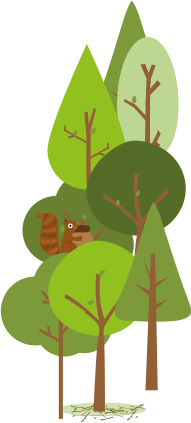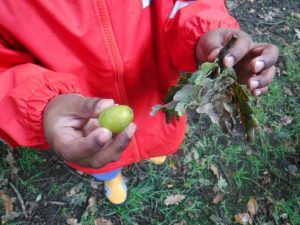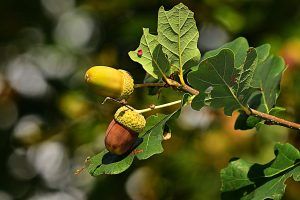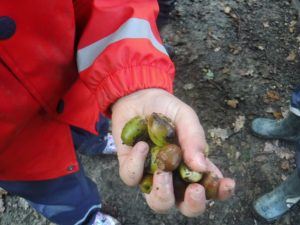

The Lost Words October: Acorn
26th October 2020

All year long, our blog posts have been inspired by Robert Macfarlane’s, ‘The Lost Words’; a book written in reaction to the loss from the Oxford Junior Dictionary of a canon of words associated with the natural world. That words such as ‘acorn’ and ‘goldfinch’ being replaced in the children’s dictionary by tech-based words such as ‘attachment’ and ‘blog’ is symbolic of a world where children, and adults, are losing their connection from nature.
“Once upon a time, words began to vanish from the language of children. They disappeared so quietly that at first almost no one noticed – until one day, they were gone.” Robert McFarlane.
Within a generation, children’s lives have largely moved indoors, along with a loss of free‐ranging exploration of the nearby natural world. It is something I witness first-hand every day at work.
Now, don’t get me wrong; I’m a firm believer in the innumerable benefits that technology can bring. I’d be a hypocrite if I didn’t acknowledge that as I sit here writing on my laptop and using Googling into a deep dive into the world of acorn facts and mythology.

- Like other nuts, an acorn is a seed, that usually contains just one seedling, when that single seed germinates it produces the taproot that will anchor the tree for the rest of its life.
- TheA single 400-year-old oak can support more than 2,000 bird, insect, fungus, and lichen species, with each tree producing 234,000 litres of oxygen a year.
- Druids believed the consumption of acorns would help see the future, and the word Druid can be translated as ‘oak knowledge’.

Considering the hard times we are living through this quote seems rather pertinent, encouraging us to grow strong, in spite of great challenges: “The strongest oak of the forest is not the one that is protected from the storm and hidden from the sun. It’s the one that stands in the open where it is compelled to struggle for existence against the winds and rains and the scorching sun.” (Napolean Hill)
By Sam Colman
Robert Macfarlane on Twitter: @RobGMacfarlane

